A supported pyridylimine–cobalt catalyst for N-formylation of amines using CO2
文献情報
Naved Akhtar, Manav Chauhan, Poorvi Gupta, Neha Antil, Kuntal Manna
N-Formylation of amines with CO2 as a cheap and non-toxic C1-feedstock and hydrosilane reducing agent is a practical and environment friendly method to synthesize formamides. This study describes an efficient and chemoselective mono-N-formylation of amines using CO2 and phenylsilane under mild conditions using a porous metal–organic framework (MOF)-supported single-site cobalt catalyst (pyrim-UiO-Co). The pyrim-UiO-Co MOF has a UiO-topology, and its organic linkers bear a pyridylimine ligated Co catalytic moiety. A wide range of aliphatic and aromatic amines are transformed into desired N-formamides in moderate to excellent yields under 1–5 bar CO2. Pyrim-UiO-Co is tolerant to various functional groups and could be recycled and reused at least 10 times. Mechanistic investigation using kinetic, spectroscopic and density functional theory studies suggests that the formylation of benzylamine proceeds sequentially via oxidative addition of PhSiH3 and CO2 insertion, followed by a turn-over limiting reaction with an amine. Our work highlights the importance of MOF-based Earth-abundant metal catalysts for the practical and eco-friendly synthesis of fine chemicals using cheap feedstocks.
関連文献
IF 6.367
Transition-metal-free insertion reactions of alkynes into the C–N σ-bonds of imides: synthesis of substituted enamides or chromonesIF 6.222
An improved fluorescent protein-based expression reporter system that utilizes bioluminescence resonance energy transfer and peptide-assisted complementationIF 6.222
Building microsphere–nanosheet structures in N-doped carbon to improve its performance in the oxygen reduction reaction and vanadium redox flow batteriesIF 6.367
Redox responsive Pluronic micelle mediated delivery of functional siRNA: a modular nano-assembly for targeted deliveryIF 6.843
Palladium-catalyzed silaborative carbocyclizations of 1,6-diynesIF 6.222
Efficient one-pot synthesis of alkyl levulinate from xylose with an integrated dehydration/transfer-hydrogenation/alcoholysis processIF 6.367
Boronic acid liposomes for cellular delivery and content release driven by carbohydrate binding‡IF 6.222
Electrospun hydrogels for dynamic culture systems: advantages, progress, and opportunitiesIF 6.843
Selective light driven reduction of CO2 to HCOOH in water using a {MoV9}n (n = 1332–3600) based soft-oxometalate (SOM)IF 6.222
掲載誌
Dalton Transactions
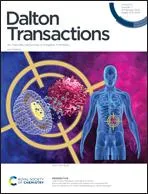
Dalton Transactions is a journal for all areas of inorganic chemistry, which encompasses the organometallic, bioinorganic and materials chemistry of the elements, with applications including synthesis, catalysis, energy conversion/storage, electrical devices and medicine. Dalton Transactions welcomes high-quality, original submissions in all of these areas and more, where the advancement of knowledge in inorganic chemistry is significant. Specific guidance for some areas of our scope is given below.
おすすめサプライヤー
 ニティカ化学
ニティカ化学 遼陽石化億方工業会社商品営業部
遼陽石化億方工業会社商品営業部 興acenファルマテック株式会社
興acenファルマテック株式会社 上海祥韦思化学製品有限公司
上海祥韦思化学製品有限公司 盐城遠東化工有限公司
盐城遠東化工有限公司 大连普瑞特化工科技有限公司
大连普瑞特化工科技有限公司 泰州市佳音化工有限公司
泰州市佳音化工有限公司 上海リコ化学科技有限公司
上海リコ化学科技有限公司 ベルンドルフ・バンド
ベルンドルフ・バンド Schwedes + Schulze Schüttguttechnik GmbH シューデス + シュルツェ
Schwedes + Schulze Schüttguttechnik GmbH シューデス + シュルツェ










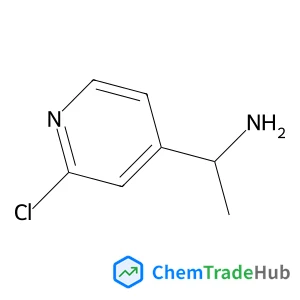
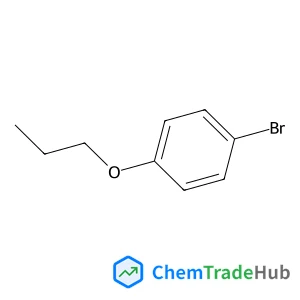
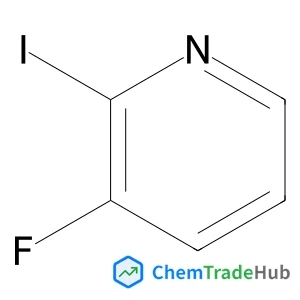
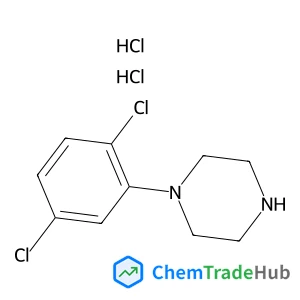
![315234-49-2 - 1-[(Tert-butoxy)carbonyl]-2-(prop-2-en-1-yl)pyrrolidine-2-carboxylic acid 315234-49-2 - 1-[(Tert-butoxy)carbonyl]-2-(prop-2-en-1-yl)pyrrolidine-2-carboxylic acid](/structs/315/315234-49-2-fe31.webp)